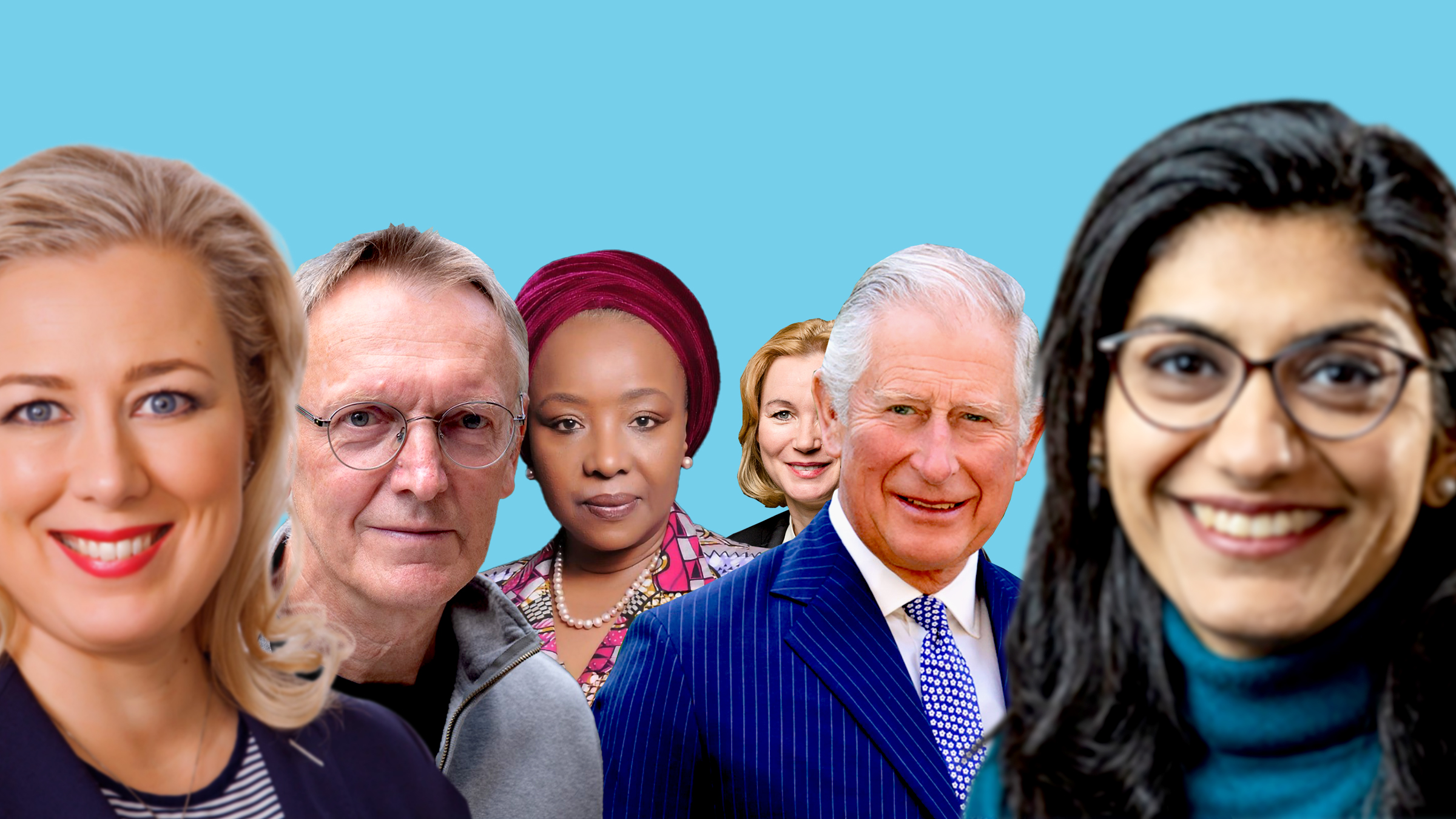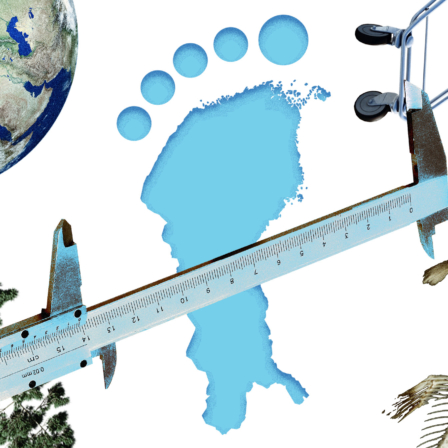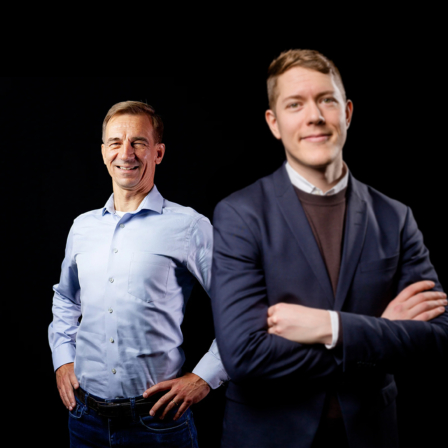Humanity faces an existential threat, but we have the tools to solve it. One of the most important tools is the global circular bioeconomy, which can help solve the climate and biodiversity crises while providing fair, sustainable growth. This was one of the main messages of the digital forum Nature at the heart of the global circular bioeconomy which took place on 19 March 2021.
“The world must act now to seize the window of opportunity to transform our economies into ones that are sustainable, circular and nature-based,” said His Royal Highness The Prince of Wales in the opening address.
The Prince of Wales has been a passionate defender of the natural world for decades. During the opening session of the event the participants stressed that by defending the natural world we can also defend ourselves and our well-being.
Mari Pantsar, Director of Sustainability Solutions at Sitra, moderated the opening session.
“We need systemic change to solve the climate, nature and pollution crises,” Pantsar said. “A holistic approach will not only tackle these, it can also tackle social challenges.”
Akanksha Khatri, Head of Nature Action Agenda, Global Public Goods Platform, World Economic Forum explained our asset management problem: in recent decades we have had a major decline on natural capital, which our human well-being depends upon. Now we have an opportunity to save our planet while improving the lives of people in developing countries. The transition must be fair and inclusive, with a focus on local jobs, sustainability and prosperity, including how local communities and indigenous people connect to wider regional and global systems.
“One example is to extend sovereign debt relief, such as debt for nature swaps, so countries can invest in health and welfare,” Khatri said. “Society must be at the centre of this just transition. Improving well-being is a more important measure of progress than how much more we are consuming.”
Africa has about four times more forest area than the EU, but yet the EU’s forest products’ export value is 17 times larger than Africa’s. Minister of State for Environment of Nigeria Sharon Ikeazor underlined that we need to measure, record and account for natural capital globally in order to unlock investments into the circular bioeconomy. “We can drive economic development and create employment,” she said.
By transitioning to a circular bioeconomy, we can build a more sustainable, prosperous and inclusive society, improving economic opportunities while protecting the natural world.
“The only realistic way we can meet our 2030 targets is to deploy all of the measures we have available, such as the circular bioeconomy,” said Janez Potočnik, Co-Chair of the International Resource Panel and Partner at SYSTEMIQ. “The European Union’s Green Deal wants to make sure economic growth and environmental growth are not in contradiction.”
European Commissioner for International Partnerships Jutta Urpilainen underlined the EU’s commitment to restore the world’s forests and promote sustainable forest management. The EU works with partners around the world to advance sustainable forestry practices that provide benefits to local communities.
The EU realises how important the forest-based bioeconomy is to the people in Europe and the rest of the world. The European Green Deal aims to help the Union achieve a sustainable green transition. As part of this is the New EU Forest Strategy, which is expected to be unveiled before summer 2021. The goals of the new strategy are effective afforestation, forest preservation and restoration in order to absorb and store CO2, promote the bioeconomy, reduce fires and protect biodiversity.
Nature at the heart of a global circular bioeconomy is the world’s first conference examining the forest-based bioeconomy with a focus on the Global South. It is hosted by the European Forest Institute (EFI), the recently-merged Center for International Forestry Research (CIFOR) and World Agroforestry (ICRAF) and the Finnish Innovation Fund Sitra, in collaboration with the Global Landscapes Forum (GLF) and the Sustainable Markets Initiative (SMI) and the Circular Bioeconomy Alliance, which are both initiatives of HRH The Prince of Wales.
Read more on EFI’s news about the event.
















Recommended
Have some more.